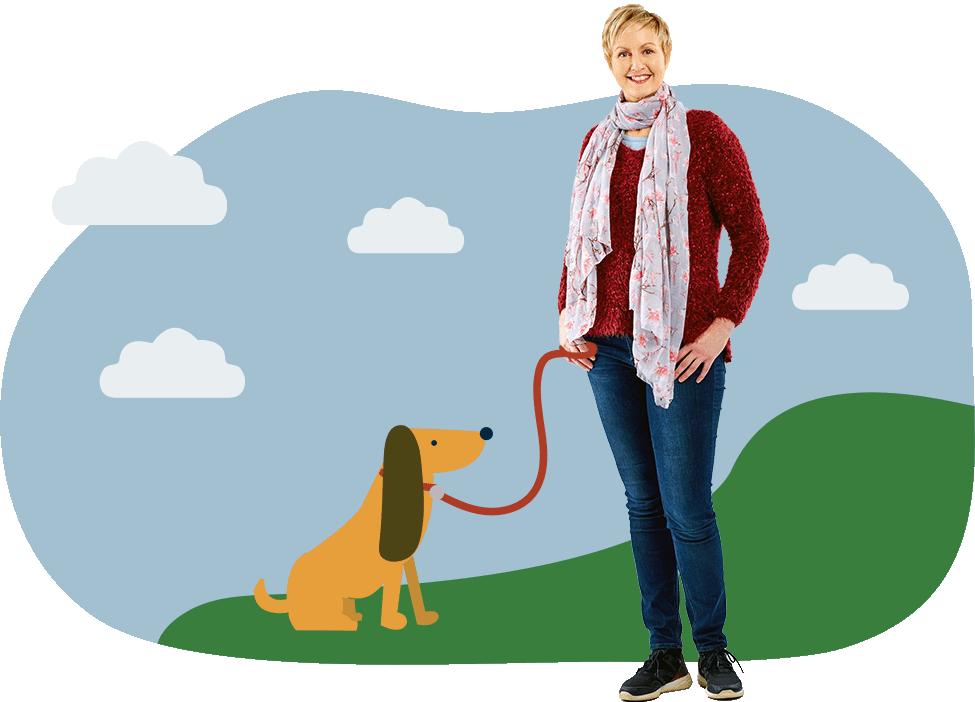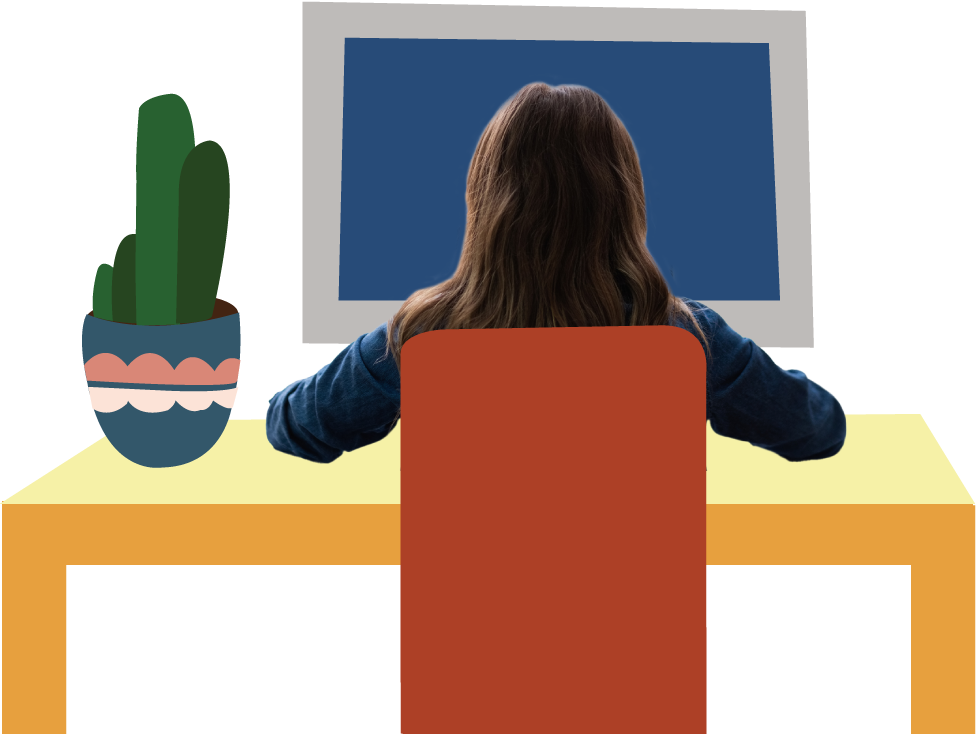The evidence supporting the use of CBTi within Sleepstation
Insomnia is a common and often persistent problem, and many people do not receive support even when effective approaches are available. Cognitive Behavioural Therapy for insomnia (CBTi) is a widely researched intervention for persistent insomnia, with evidence built over several decades. Studies consistently show that CBTi can improve sleep-related outcomes for people with long-term insomnia.
International bodies, including the European Sleep Research Society, the American Academy of Sleep Medicine and the National Institute for Health and Care Excellence (NICE), recognise CBTi as the recommended first-line approach for chronic insomnia. Access to face-to-face CBTi, however, is limited due to a shortage of trained practitioners and specialist sleep services.
Sleepstation’s digital programmes are firmly rooted in CBTi methods and have been evaluated in several published studies and extensive real-world use in NHS and private settings over 13+ years. These evaluations, included below, report improvements in key sleep measures and demonstrate strong engagement with digitally delivered CBTi-based techniques.
CBTi is effective and long-lasting
There is a large body of evidence, from more than 200 randomised controlled trials (RCTs), for CBTi being an effective and long-lasting treatment for 50%–70% of patients. These findings relate to CBTi as a therapeutic approach, not to any specific programme.
CBT takes longer than drugs to produce sleep improvements but these improvements are sustained over time.
The efficacy of Cognitive Behavioural Therapy for insomnia delivered in person has been robustly researched and supported among individuals across all age ranges. CBTi has also been found to be effective for more complex insomnia with comorbid medical and psychiatric conditions.
Jane, 62 from Leeds
Insomnia for more than six years
Amazingly rewarding and very tough. It has changed my life. I now look forward to getting in to bed because I know I will sleep. Having sleep tools has taken away my anxiety. I enjoy living now because the confusing lack-of-sleep fog has been lifted. I laugh more.
Before
Time asleep 4h 01mins
Time in bed 9h 38mins
After
Time asleep 6h 20mins
Time in bed 6h 56mins
Medications and long-term use in chronic insomnia
Drug treatments are still commonly used in primary care to help manage sleep difficulties. For people with chronic insomnia, the evidence for long-term benefit is limited, and some studies have highlighted potential risks associated with extended use, particularly in older adults. Decisions about medication should always be made in consultation with a healthcare professional.
International clinical guidelines from several organisations recommend cognitive behavioural therapy for insomnia (CBTi) as the first-line behavioural approach for persistent insomnia, with medication considered when such approaches are not available or not suitable.
Richard, Manager from Maidstone
Insomnia for more than three years
This course has been fantastic. The results have been life changing. I look forward to going to bed and usually have the confidence to know I will fall asleep within 15 minutes. This course has given me the confidence and tactics to further improve my sleep in the future without sleeping pills! Thank you.
CBTi in different populations
Research over several decades shows that CBTi can improve sleep-related outcomes for people with persistent insomnia, including those with co-existing medical or psychological conditions.
Chronic insomnia commonly occurs alongside other conditions such as anxiety, depression, hypertension, menopause and chronic pain. Studies report notable overlap between insomnia and these conditions; for example, comorbidity rates between 25% and 44% have been reported for hypertension.
Suzanne, 45 from Bolton
Sleep problems for 17 years
I have had a sleeping disorder now for 17 years to which nothing at all worked until I found Sleepstation. I can’t thank you enough as I honestly feel like a different person.
Before therapy – Severe insomnia
33%
After 8 sessions – Normal sleep
91%
Research on online CBTi
Numerous randomised controlled trials, cohort studies and meta-analyses now evaluate online CBTi and show consistent improvements in sleep outcomes, though effect sizes vary across studies. CBTi tackles factors that maintain insomnia over time, including sleep-related dysfunctional cognitions, behaviours which perpetuate insomnia, and dysregulation of the homeostatic sleep drive.

Sandra, Cafe owner from Leeds
Insomnia for fourteen months
Since finishing Sleepstation my head’s back in the game! I feel normal again and I’ve got a dog. I’d always wanted a dog but until now I’d never had the motivation and energy to get one.
Evidence from evaluations of Sleepstation CBTi
Research over several decades shows that CBTi is an effective behavioural approach for persistent insomnia, and studies indicate that it can be delivered digitally. Research into the online delivery of CBTi includes evaluations of Sleepstation CBTi.
A pilot study published in 2014 reported large improvements in the primary endpoint of sleep efficiency, clear improvements in sleep latency and modest improvements in total sleep time. The majority of participants reported improved sleep quality after completing the Sleepstation CBTi programme, and participant feedback was highly positive.
Once participants fulfilled criteria for insomnia and had commenced the Sleepstation programme, attrition was low and engagement with sleep diaries and programme recommendations was high.
Subsequent evaluations in NHS and commercial settings have continued to examine how people engage with Sleepstation’s digitally delivered CBTi programme and show patterns consistent with the initial findings. Engagement rates for Sleepstation CBTi have been consistently high across different cohorts. When compared with engagement figures reported in the wider literature on online CBTi, these rates appear higher, although the comparisons come from separate studies rather than a head-to-head evaluation.
The programme has been refined over time through incremental improvements to usability and support, while the underlying CBTi-based structure remains consistent with the foundations evaluated in early research.
Sarah, Probation Officer from Ilford
Symptoms of severe depression and insomnia
Having the sleep coaches’ support and encouragement for different techniques to apply really helped. The support has been great and my sleep has improved greatly.

Sleep and mental health: what research shows
A growing body of research has explored how improving sleep through CBTi may be associated with changes in broader aspects of wellbeing. In some randomised controlled trials, participants who received online CBTi reported improvements not only in insomnia symptoms but also in measures such as mood and psychological wellbeing. These findings relate to the specific interventions evaluated in those studies.
Research has also examined the relationship between sleep and mental health in particular groups. For example, insomnia is common among postmenopausal women, and some studies have reported reductions in depressive symptoms and unhelpful sleep-related beliefs following CBTi or sleep restriction therapy in this population. These outcomes were specific to the studies conducted and do not imply that CBTi is a treatment for depression or other mental health conditions.
Jackie, Dinner lady from Leicester
Insomnia for six months
Being accepted onto the Sleepstation programme has completely turned my life around. Before the course I was paralysed by anxiety, had been signed off work and dreaded going to bed due to the sleep problems I had been experiencing for months. Within a few weeks of being on the course, the quality of my sleep had improved and the anxiety levels started dropping. I feel so lucky to have found the course as it has given me my life back.
